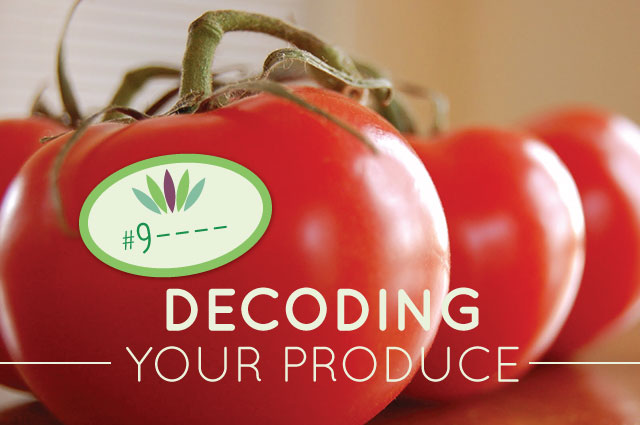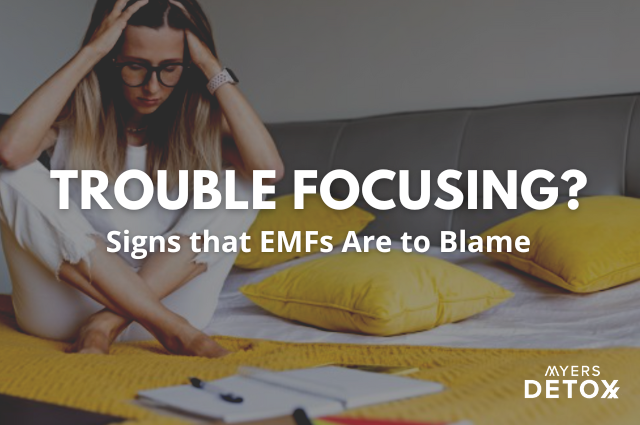Avoid GMO’s by Decoding the PLU code on Produce

The PLU code, or price lookup number, printed on the sticker tells you if produce is organic or conventional. Learning this basic info can prevent you from accidentally buying conventional or GMO produce others mistakenly put back in the organic section.The stickers or labels attached to fruit and some vegetables have more of a function than helping scan the price at the checkout stand. By reading the PLU code, you can tell if the fruit was genetically modified, organically grown or produced with chemical fertilizers, fungicides, or herbicides.
Here are the basics of what you should know:
- Conventional. If there are only four numbers in the PLU, this means that the produce was grown conventionally or “traditionally” with the use of pesticides, herbicides and fungicides. The last four letters of the PLU code are simply what kind of vegetable or fruit. An example is that all conventional bananas are labeled with the code: 4011
- GMO. If there are five numbers in the PLU code, and the number starts with “8″, this tells you that the item is a genetically modified fruit or vegetable. A genetically engineered (GE or GMO) banana would be labeled: 84011
- Organic. If there are five numbers in the PLU code, and the number starts with “9″, this tells you that the produce was grown organically and is not genetically modified nor grown with pesticides. An organic banana would be labeled: 94011
This info can prevent you from accidentally buying conventional produce. I’ve accidentally picked up a few conventional fruits and veggies that were in a pile of organics. They had been mistakenly placed there by customers returning foods they didn’t want. The only way I knew I was choosing organic was by checking the PLU codes!
A few words of caution. Consumers cannot depend upon PLU codes 100%. For starters, the use of PLU codes is optional, so many produce items don’t bear them. Additionally, PLU codes were developed for the benefit of suppliers and retailers to assist them in sorting and pricing produce, not to provide information to end buyers. If GM-based food suppliers think consumers won’t want to knowingly buy their genetically modified corn, for example, they can simply decline to tag it with PLU codes. Or, if retailers don’t expect to price GM corn differently than conventionally grown corn, they can label the former with just four digits and omit the leading ‘8’ that identifies it as a genetically modified product.
If you only want organic produce, look for items that are specifically labeled as “Organic.” If you want to ensure you avoid GM produce, buy only items that are USDA certified as “100% organic,” which by law cannot contain GMOs.
By simply shopping at farmer’s markets, you can bypass all this mumbo jumbo and get fresher, more nutritious produce in the process! I always thought it strange to buy zucchinis with stickers on them.










Interesting-thank you!! Just shared it on my facebook page! 🙂
GMO fruits doesnt grow seeds in it right?GMO is banned in Europe . in India its in hold .
Correct, GMO food does not produce seeds.
Wendy, where I live not all Farmer’s Markets sell organic produce. You have to ask and not assume. Many times I’ve been told they’re conventionally grown.
Yes, you do have to ask! I’ve found even at my local farmer’s market they say there’s not pesticides, but they use chemical fertilizers, which does not qualify as organic. Sad.